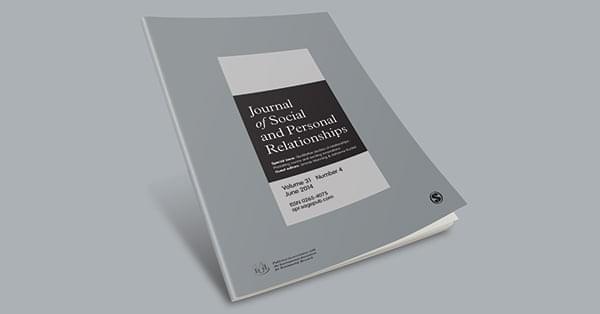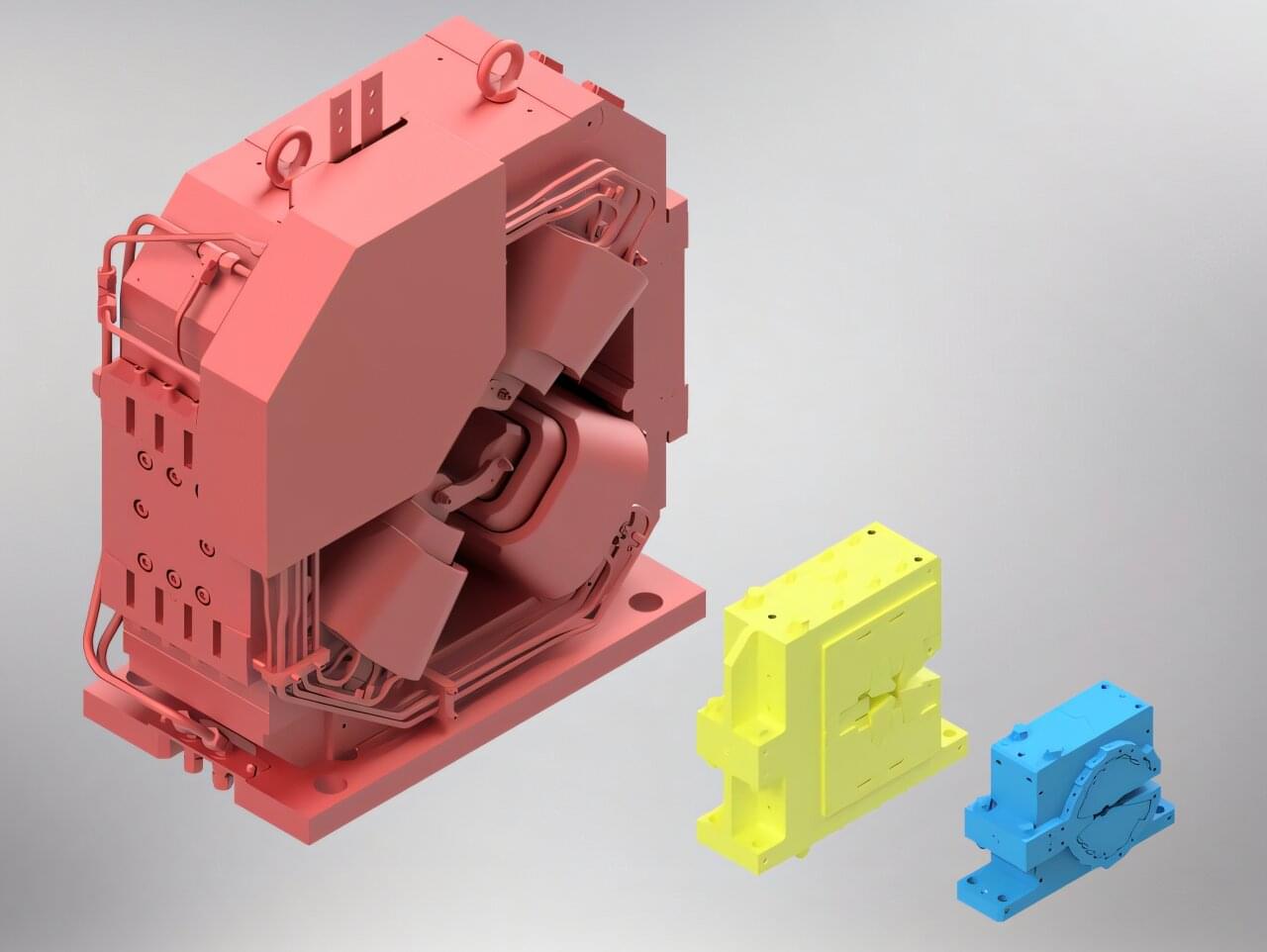In this episode we explore their uses, dangers, ethical dilemmas, and more.
Join this channel to get access to perks:
https://www.youtube.com/channel/UCZFipeZtQM5CKUjx6grh54g/join.
Visit our Website: http://www.isaacarthur.net.
Join Nebula: https://go.nebula.tv/isaacarthur.
Support us on Patreon: https://www.patreon.com/IsaacArthur.
Support us on Subscribestar: https://www.subscribestar.com/isaac-arthur.
Facebook Group: https://www.facebook.com/groups/1583992725237264/
Reddit: https://www.reddit.com/r/IsaacArthur/
Twitter: https://twitter.com/Isaac_A_Arthur on Twitter and RT our future content.
SFIA Discord Server: https://discord.gg/53GAShE
Listen or Download the audio of this episode from Soundcloud: https://soundcloud.com/isaac-arthur-148927746/interplanetary-warfare.
Cover Art by Jakub Grygier: https://www.artstation.com/artist/jakub_grygier.
Graphics Team:
Edward Nardella.
Jarred Eagley.
Justin Dixon.
Katie Byrne.
Kris Holland of Mafic Stufios: www.maficstudios.com.
Misho Yordanov.
Pierre Demet.
Sergio Botero: https://www.artstation.com/sboterod?fref=gc.
Stefan Blandin.
Script Editing:
Andy Popescu.
Connor Hogan.
Edward Nardella.
Eustratius Graham.
Gregory Leal.
Jefferson Eagley.
Luca de Rosa.
Mark Warburton.
Michael Gusevsky.
Mitch Armstrong.
MolbOrg.
Naomi Kern.
Philip Baldock.
Sigmund Kopperud.
Steve Cardon.
Tiffany Penner.
Music:
AJ Prasad, “Cold Shadows“
Lee Rosevere, “It’s such a beautiful day“
Kai Engel, “Morbid Imagination“
Sergey Cheremisinov, “Jump in Infinity“
Markus Junnikkala, “A Memory of Earth“
Kai Engel, “Crying Earth“
Sergey Cheremisinov, “Labyrinth“
Brandon Liew, “Into the Storm”





